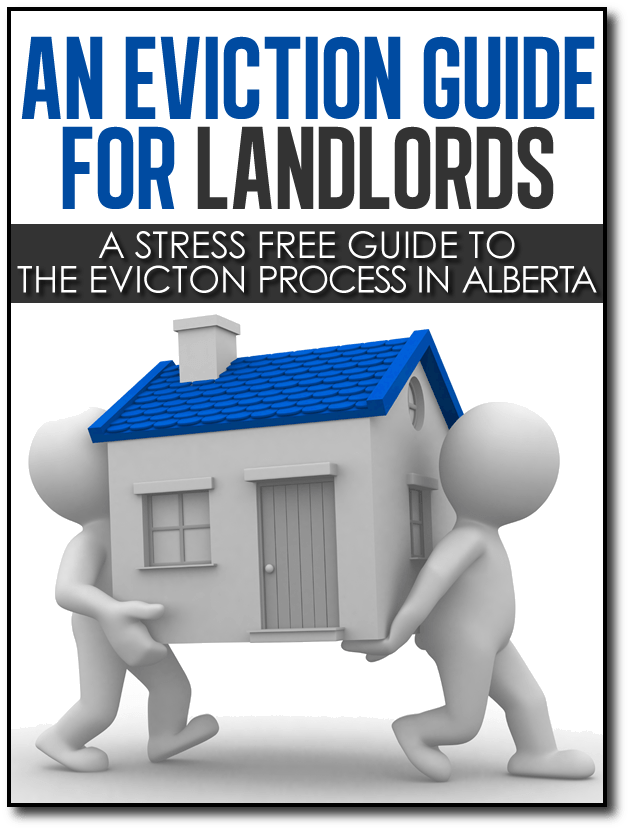Are You Ready For 2008?
2007 was a very interesting year in the Real Estate market. With exceptional gains in values in the first part of the year and then almost as substantial a decrease in the last half of the year made for quite the roller coaster ride.
The result was a year to year increase in average prices of just over 18% which makes us ecstatic. This works out to a 72% return on a property purchased one year ago. Just on appreciation alone! Now forecasts for 2008 are slightly lower at only around 12% for an increase, but this still works out to 48% return next year.
There are still some hurdles we have to get over this year, the most notable being the large amounts of inventory for sale. Already in the first couple week since Christmas, we have seen over a 10% increase in listings. Almost as though people didn’t want strangers wandering through their homes during Christmas so they let their listings expire and have now relisted, or waited to get through another Christmas before trying to sell.
The great thing about this is that it’s a buyer’s market, and a ripe time for us to be finding the right properties to fit into our Real Estate Niche. Currently the market is perfect to find the buy-hold type properties that generate our great returns. We have some great opportunities coming up for new investors to get into the Real Estate game.
Historically, spring is a great time for sales and there is no reason to think this year will be much different. Just don’t expect the level of excitement we have seen the last several years. We have to scale our expectations down from incredible to just great.
Rent Controls
Last week I was at the bank making some deposits when I overheard a conversation beside me about the Government having to do something about rents increasing. Being a landlord, I have strong views about any type of rent control or interference with the free markets. So of course, I jumped into the conversation.
The teller explained how the high rents were causing problems for her friends as it created a vicious cycle where they weren’t able to save any money for a down payment. This kept them from moving into their own homes and left them stuck in the rental market.
Both the teller and the bank client had friends that were receiving rent increases every time the leases came due which continued to perpetuate this cycle. Now the government has stepped in on this and while there is no cap on the amount rent can be increased, it can only be increased once in a twelve month period in Alberta.
What was interesting for me at this point is the bank client brought up the fact that when Toronto put rent controls in place it actually stalled development of new rental properties. Rents were no longer high enough to cover costs of building new rental apartments, so developers quit building or moved away to other cities to build. It’s nice to hear someone has paid attention to what happened in other markets!
I am sure everyone is familiar with the instances that made the headlines, where seniors or other individuals have seen their rents double and even triple. These are not normal circumstances. Generally, they involve landlords with ulterior motives, who have found a loophole to clear out a building allowing them to convert a building into condominiums. Recent legislation has now made it illegal for a landlord to raise rents on a property for a full year if it is planned on being converted to condos.
So, should the government step in and tell landlords how much they can charge for rent and how much a landlord can raise their rent? Or should they let the free market decide what rents should be? Like any supply and demand market, we are seeing a surge in demand and with it rental prices.
If the rates for rental accommodation continue to increase, the market will reach a point where it is undesirable for people to stay. When in-migration slows down or ends up reversing, demand decreases causing rates to decrease and various types of rental incentives like we saw in the early 2000’s will appear. If the Government steps in and restricts the rents, the in-migration never reaches a point where it becomes too expensive for people, so they don’t stop coming.
This creates separate problems where rents are more affordable, but availability decreases as demand never decreases. Since rents are fixed (usually below what the market would charge), developers are less apt to build more apartment buildings as it isn’t profitable. Now a market shortage has been artificially created where demand is high, affordability is reasonable, but there is minimal supply.
New York is perhaps the most famous city in North America for its Rent Control situation. Enacted originally in 1942 throughout the US as the Emergency Price Control Act it was intended to prevent inflation caused by the booming post-war economy and to protect tenants from housing shortages. The federal regulation expired and it then fell to state regulation in the 50’s and was later split between state and New York City government.
By controlling rental prices, tenants were protected and remained in the rental units longer due to the cheap housing. With fixed rents, developers had no reason to build new rental properties as it wasn’t profitable and landlords could not afford to run or maintain existing units due to the low rents. However, demand continued to increase. It was during the early 50’s that New York had to start de-regulating some Rent Controls units because of severe housing shortages. These new de-regulated units were termed by some as a “shadow market”.
The shadow market allowed prices to increase at an even faster pace than normal because there were fewer of them and demand was high. Also, tenants in Rent Controlled units were far less likely to give up their places making the controlled market even tighter causing the shadow market prices to increase even more.
Rent Controls had created two extremes. The original tenants in place benefited initially from lower rents, while new renters were forced to pay exorbitant rates. It’s original intent to help renters find affordable housing ended up creating an even higher priced market on the side.
If an area becomes unaffordable for newcomers, they will stop coming. This results in decreased economic growth. In Alberta’s situation, this would further exasperate one of our foremost problems, skilled and unskilled labourers. While it seems expensive now for tenants, Rent Control would create a short term cushion before it makes things worse.
We can learn from New York, interference with free markets causes side effects, usually more extreme than the original problem. People talk about Rent Controls being a good thing, but make sure that you are looking at all sides of the issue, and the full long term impact it may have on Alberta.
In Closing
As part of our goals this year, our plan is to bring five new investors on board with us as soon as possible to take advantage of the opportunities out there. With such an incredible buying time right now, we realize there is a short window to continue our expansion and growth and capitalize on the current market.
The excitement has already caught on as we have one new partner on board already and three more meetings with potential investors lined up into the first week of February. Due to this we have upgraded our 2008 goals (not bad for the third week of January), to add four more investors as soon as possible.
Once those spots are filled, we will need to streamline our processes to ensure the best returns for our investors and create the most efficient way to deal with the abundance of opportunities out there. To achieve this goal, it is imperative after the four remaining spots are filled that we only start accepting partners who are able to co-purchase with us a minimum of two properties.
This will free our time to pursue the best properties possible, continue our target of improved property management, and create the best possible environment of win-win for all of our current and future partners. If you have been sitting on the fence, realizing what is available out there, but you haven’t yet taken action, there is still time to climb on board Alberta’s economic boom and create some personal wealth for yourself along the way.
We are away the fourth week of January to recharge ourselves, but don’t let this stop you from sending us an email or leaving a message on our phones to set up a meeting. Once we are back, we will be moving forward swiftly and will create great opportunities for you. Our email and contact number are at the bottom of this Newsletter, so you can contact us immediately.
2008 is going to be another stellar year and we look forward to bringing as many of you along with us during this great time as possible. Thanks to all of you who read this and have forwarded it on to other individuals and the best to you in 2008!
Regards,
Bill and Karen Biko
KatSid Housez Inc.
info@housez.ca
403-870-4663



Pingback: New Mortgage Rules Changes Introduced January 2011 | The Investors Housez – Your Calgary Real Estate Information Site